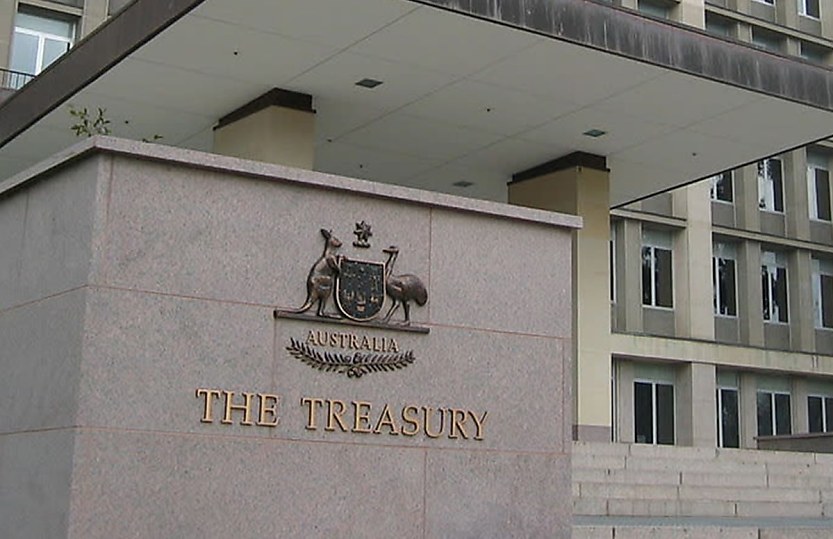Treasury proposal to exempt small banks from open banking garners criticism

A Treasury proposal to exempt small banks from open banking has sparked industry concerns regarding accountants’ access to financial data for advice, audits and tax preparation.
In October, the government opened consultation for a proposal to exempt small banks from ‘open banking’ requirements through the introduction of a banking de minimis threshold
Open banking platform SISS data services has warned that the decision to exempt small banks from the Consumer Data Right (CDR) could limit accountants’ ability to access consumer information, and lead to greater privacy risks.
“The effectiveness of open banking is underpinned by its sector-wide coverage,” Grant Augustin, founder and CEO of SISS, said.
“This is especially true for accounting use cases that depend on accurate and complete data sets for SMSF audits, tax returns and loan applications,” he continued.
The CDR enables customers to securely share their banking data, such as transaction histories or interest rates, with an accredited data recipient. The CDR was designed to give customers more control over their data and the ability to access better deals on products and services.
SISS said that the CDR was essential infrastructure that was intended to be available for the benefit of Australian individuals and business owners.
It said that the exemption could allow 55 out of 77 banks to stop sharing open banking data.
“After several years of hard work by the banks, 77 banks are active as data holders. That number is even higher when you include sub-brands,” Augustin said.
“This means their customers can safely share data via open banking’s regulated APIs, rather than risk sharing passwords or sending PDFs over email.”
SISS warned that a decision to exempt small banks from the CDR would go against Treasury initiatives to increase the uptake of open banking for priority use cases, including small business accounting services, and to transition away from less safe data sharing methods such as screen scraping.
“The government can boost participation in open banking by fixing the biggest remaining barriers to adoption, for example, removing the Nominated Representative hurdle for businesses and urgently confirming the ban on screen scraping,” Augustin said.
The banking de minimis proposal has also garnered backlash from the financial technology industry body FinTech Australia.
“This proposal poses a risk to the foundations of Open Banking,” Rehan D'Almeida, CEO of FinTech Australia, said.
“The power of this pro-competition regime is its universality, which empowers consumers, drives innovation and preserves competition.
“Creating carveouts is likely to create a two-speed system that forces reliance on less secure data-sharing methods, like screen scraping. Australians deserve a functional open banking system, and there are promising signs the government is otherwise close to optimising the policy settings."
About the author

